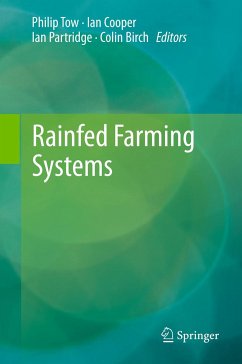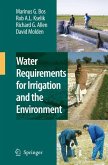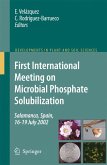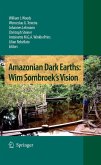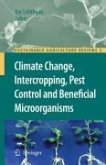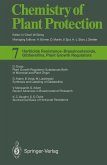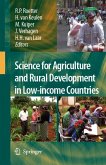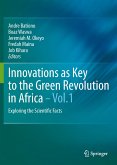Dieser Download kann aus rechtlichen Gründen nur mit Rechnungsadresse in A, B, BG, CY, CZ, D, DK, EW, E, FIN, F, GR, HR, H, IRL, I, LT, L, LR, M, NL, PL, P, R, S, SLO, SK ausgeliefert werden.
"The book contains the latest information on the subject area and is produced by experts in the field. ... Well-written and indexed, the abstracts and/or conclusions for each ... chapters provide a rapid way of assimilating the presented information. ... a unique reference book for anyone involved in this form of water-limited agriculture. It is particularly suited to undergraduate and postgraduate students and deserves a place in most university and research institute libraries as well as on farmers' shelves. In summary, an excellent book." (Davey Jones, Experimental Agriculture, Vol. 48 (3), 2012)

